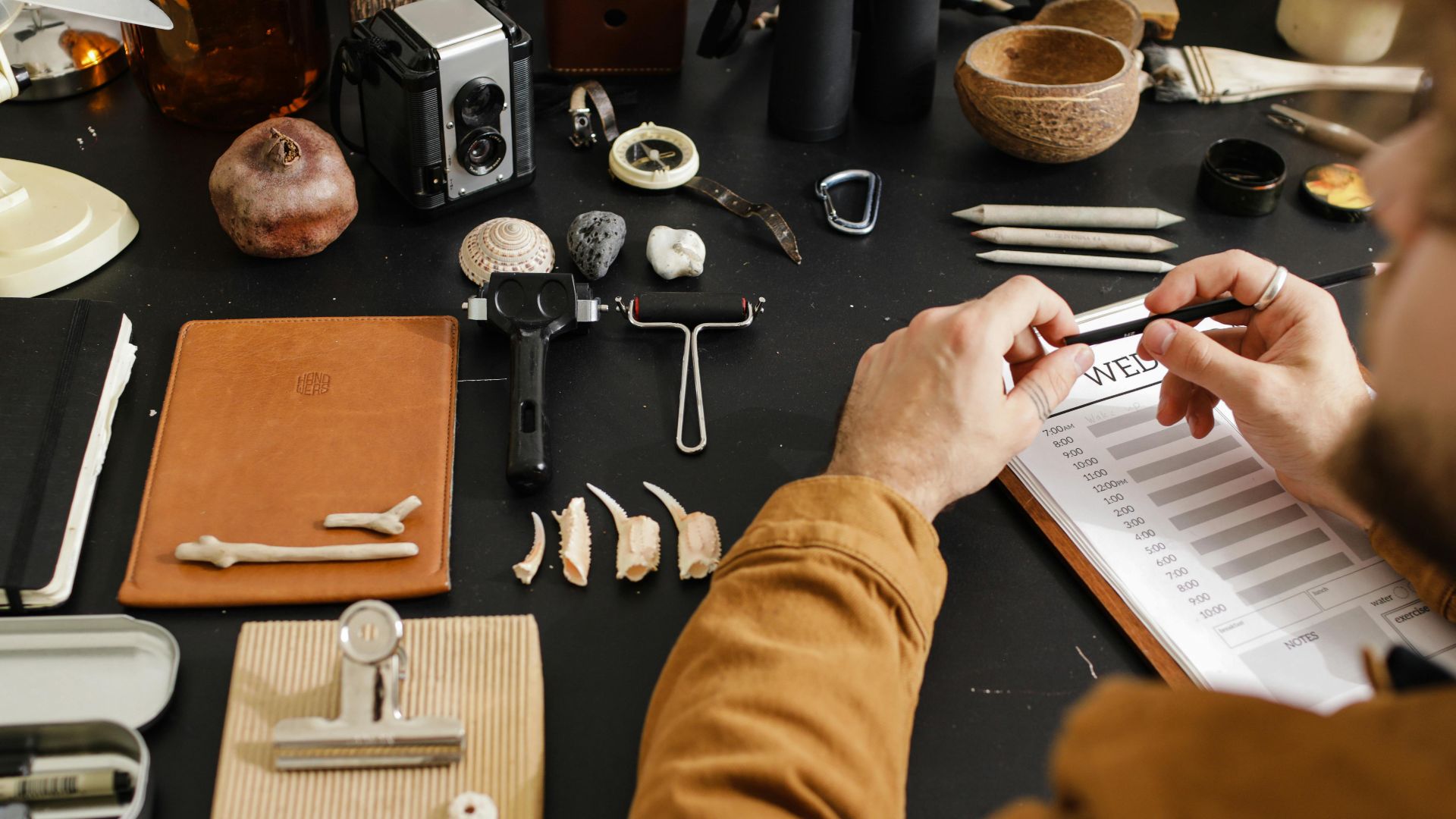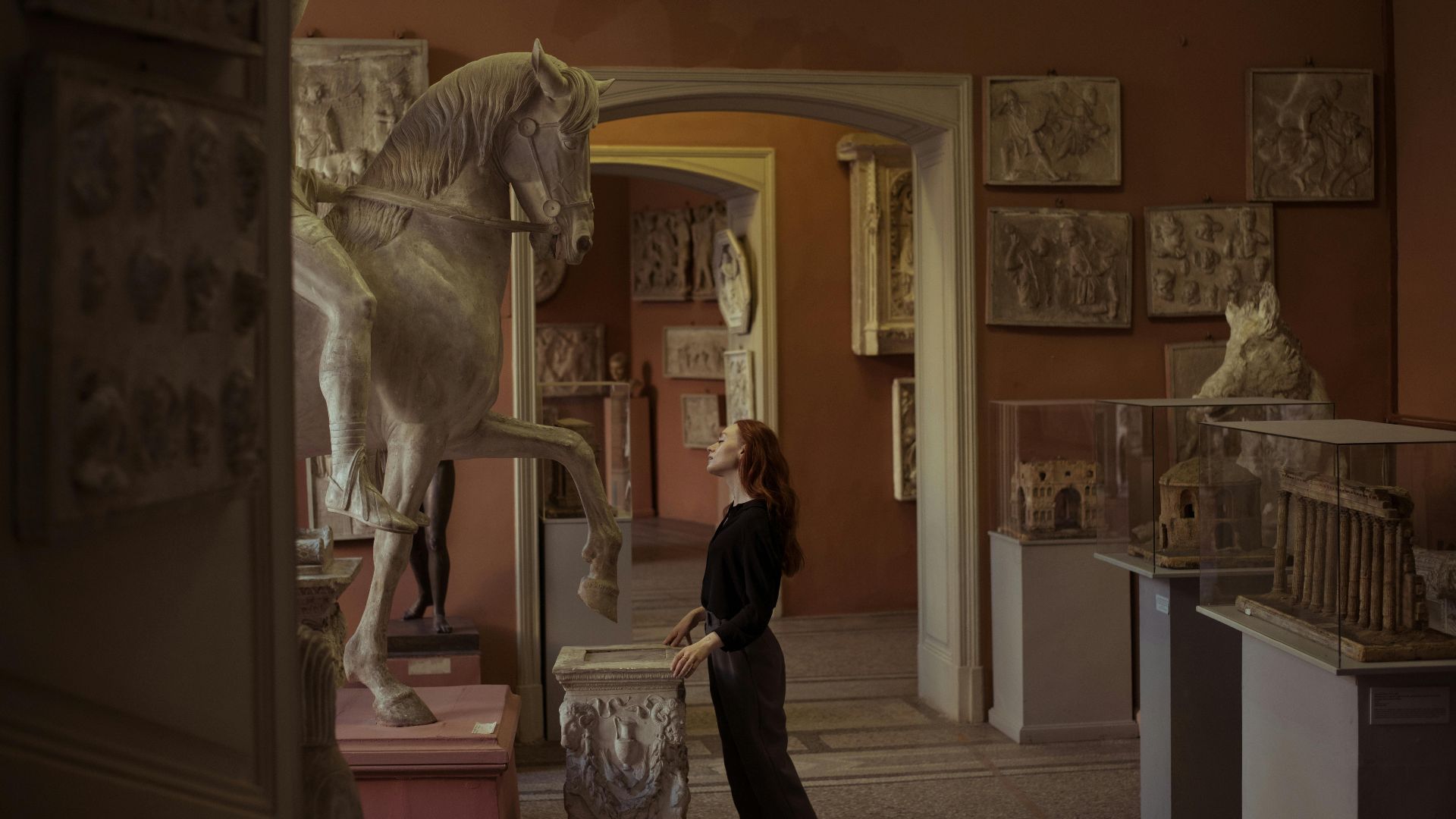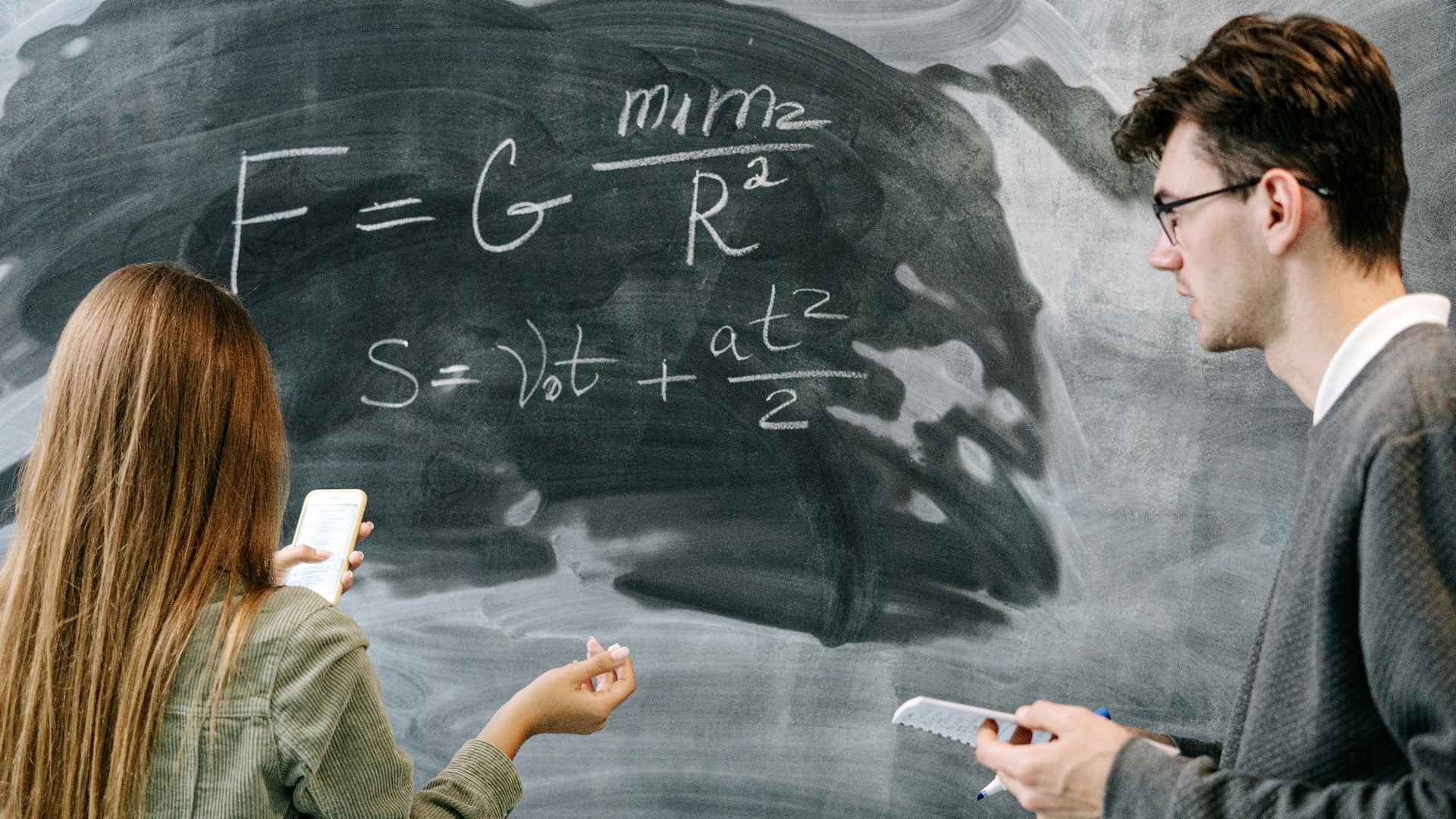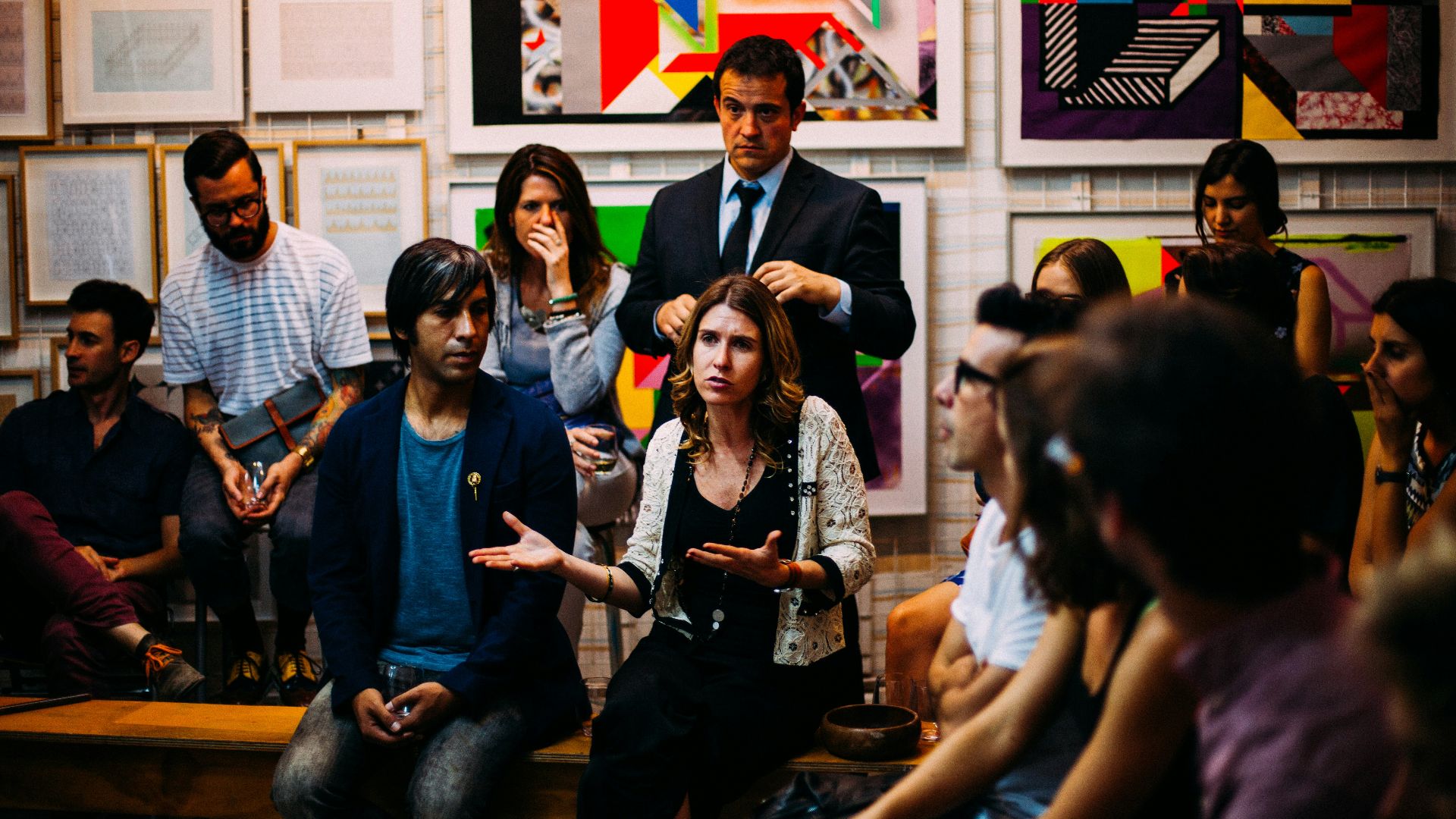Think Tank
Most hobbies bore you after a week. But certain activities keep pulling you back because they never stop challenging your mind. These pursuits reward analytical thinking in ways that simpler pastimes cannot match.
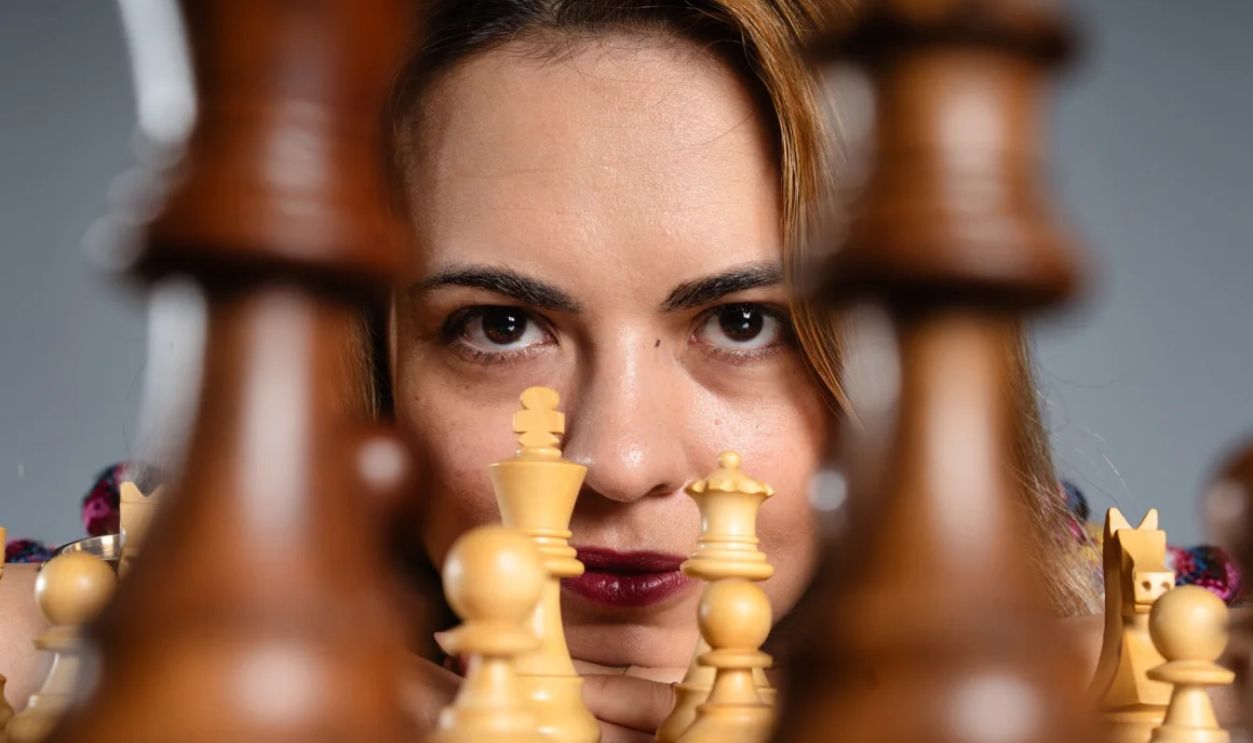
Chess
Chess has been called "the game of kings" for centuries, attracting brilliant minds from mathematicians such as John von Neumann to world leaders like Napoleon Bonaparte. Unlike poker or business, success here depends mostly on cognitive ability and pattern recognition, without relying much on luck factors.
Programming
Getting hands-on with development boards like Raspberry Pi, Arduino, and ESP32 enables enthusiasts to create smart devices, automate tasks at home, or invent entirely new gadgets. These platforms support languages like Python and C/C++, and have thriving communities to draw inspiration from.
Astronomical Observation
The night sky reveals phenomena so vast that contemplating them needs exceptional cognitive flexibility. Be it calculating orbital mechanics or understanding how stellar fusion forms the elements in our bodies. Amateur astronomers often contribute meaningful discoveries, with backyard observers identifying new comets.
Mathematical Puzzles
Such puzzles engage the brain in deep, analytical thinking. Logical reasoning, pattern recognition, and strategic problem-solving are required. New types and challenges are constantly being invented, so there is always something new to discover. This open-ended nature ensures that the hobby remains stimulating for years.
Cryptography
During WWII, breaking the Enigma code demanded recruiting linguists to Bletchley Park, including Alan Turing, who later pioneered computer science. Modern cryptography enthusiasts enjoy the same intellectual thrill of finding hidden motifs, working with everything from historical Caesar ciphers to contemporary blockchain puzzles.
Archaeological Research
Archaeological hobbyists spend weekends at dig sites, learning to distinguish between natural rock formations and human-made artifacts. They are driven by a desire to uncover stories, connections, and patterns in history that help explain how societies lived, worked, and changed over time.
Wine Tasting And Analysis
A single glass of wine contains various chemical compounds that interact in various ways, creating thousands of possible flavor combinations. This essentially makes professional sommeliers biochemical analysts. Wine enthusiasts develop sophisticated palates that can detect subtle differences in terroir and fermentation techniques.
Go (Ancient Board Game)
Did you know that Go was considered one of the "Four Arts" that Chinese scholars had to master, alongside music, calligraphy, and painting? The game's simple rules of placing stones on intersections to control territory give rise to a complexity that exceeds chess exponentially.
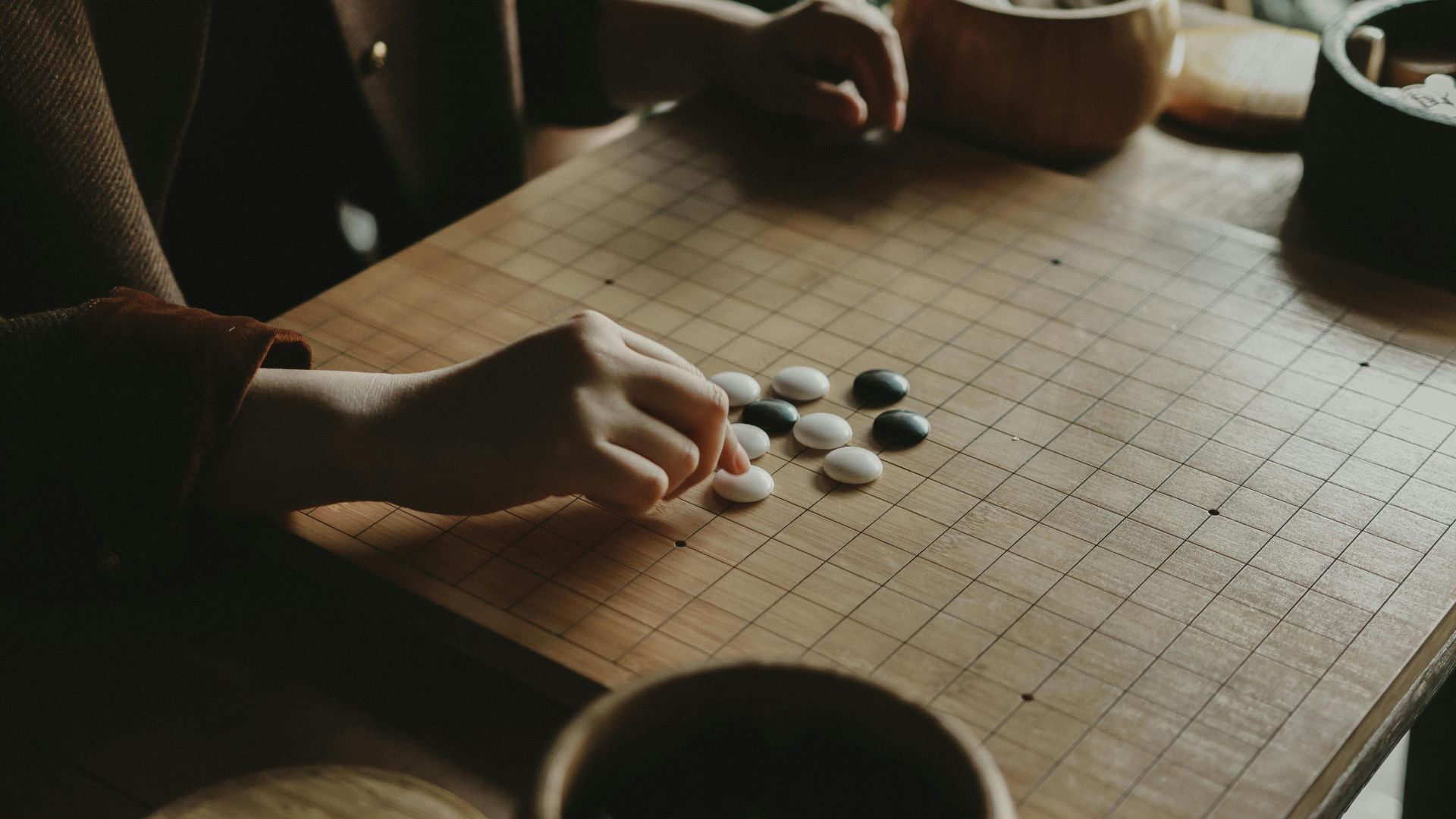 Usman AbdulrasheedGambo, Pexels
Usman AbdulrasheedGambo, Pexels
Philosophy Reading
Philosophy reading demands the mental ability to hold contradictory ideas simultaneously while examining logical arguments and questioning all sorts of fundamental assumptions about existence, morality, and knowledge. You need to employ rigorous objective analysis to explore questions that most people never consider.
Linguistics Study
Human language comprises over 7,000 distinct languages, each with grammatical structures that reflect how different cultures organize their thoughts. Those interested find intellectual pleasure in finding out why Finnish has no gender pronouns, how Mandarin uses tones to change meaning, or why English borrowed words.
Creative Writing
If you’re into crafting compelling narratives, you need to have the cognitive ability to juggle multiple story elements at the same time. These include character development, plot pacing, thematic depth, and linguistic beauty, all while retaining internal consistency across hundreds of pages.
Foreign Language Learning
Here, you will need exceptional pattern recognition skills to internalize grammatical rules, memorize thousands of vocabulary words, and develop an intuitive understanding of cultural nuances embedded in linguistic structures. Polyglots often describe the intellectual satisfaction of thinking directly in foreign languages without translation.
Logic Puzzles
Logic puzzle enthusiasts work through rigid scenarios involving multiple variables, constraints, and interdependent relationships, using systematic elimination methods and conditional logic. A typical example is the Zebra Puzzle. It challenges you to deduce a series of facts based on several interrelated clues.
 Photo By: Kaboompics.com, Pexels
Photo By: Kaboompics.com, Pexels
Investment Analysis
Warren Buffett's success stems from his ability to analyze thousands of financial variables, market trends, and business fundamentals to identify undervalued companies before the broader market recognizes their potential. The hobby involves understanding economic principles, market psychology, business operations, and mathematical modeling.
Art History Study
Studying art history gives insight into the values, beliefs, and social structures of past civilizations. Artworks, ranging from Renaissance masterpieces to Indigenous traditions, serve as cultural documents that mirror how societies viewed themselves and their world. Like other art-related hobbies, this can be a relaxing activity.
Crossword Construction
Here is another intellectually rich and creative interest that blends language, logic, and problem-solving. You can start by selecting a fresh and consistently applied theme. This might be wordplay, a set of related phrases, or a visual gimmick. The theme serves as the puzzle’s backbone.
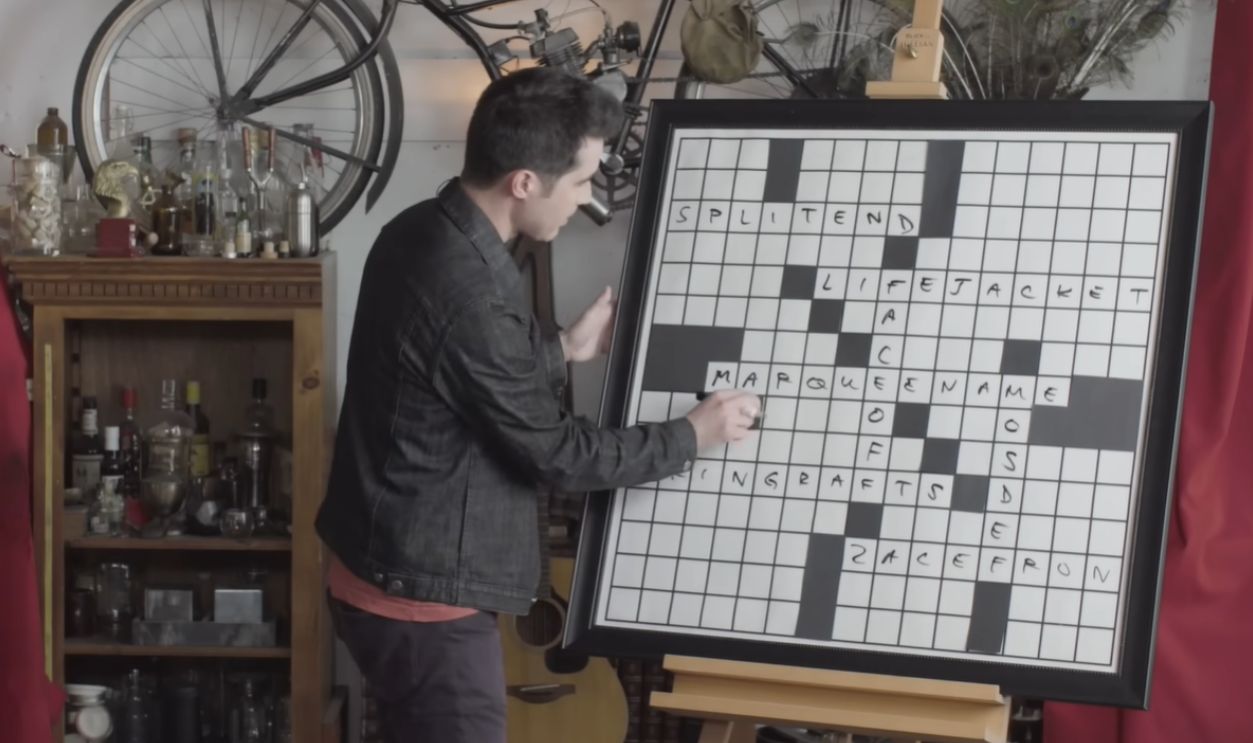 How to Create a Crossword Puzzle | WIRED by WIRED
How to Create a Crossword Puzzle | WIRED by WIRED
Bridge (Card Game)
Tournament players must memorize hundreds of bidding conventions, calculate odds in real-time, and maintain perfect focus during multi-hour sessions, where a single mistake can determine victory or defeat. With 52 cards and billions of possible deals, each game presents a new riddle to solve.
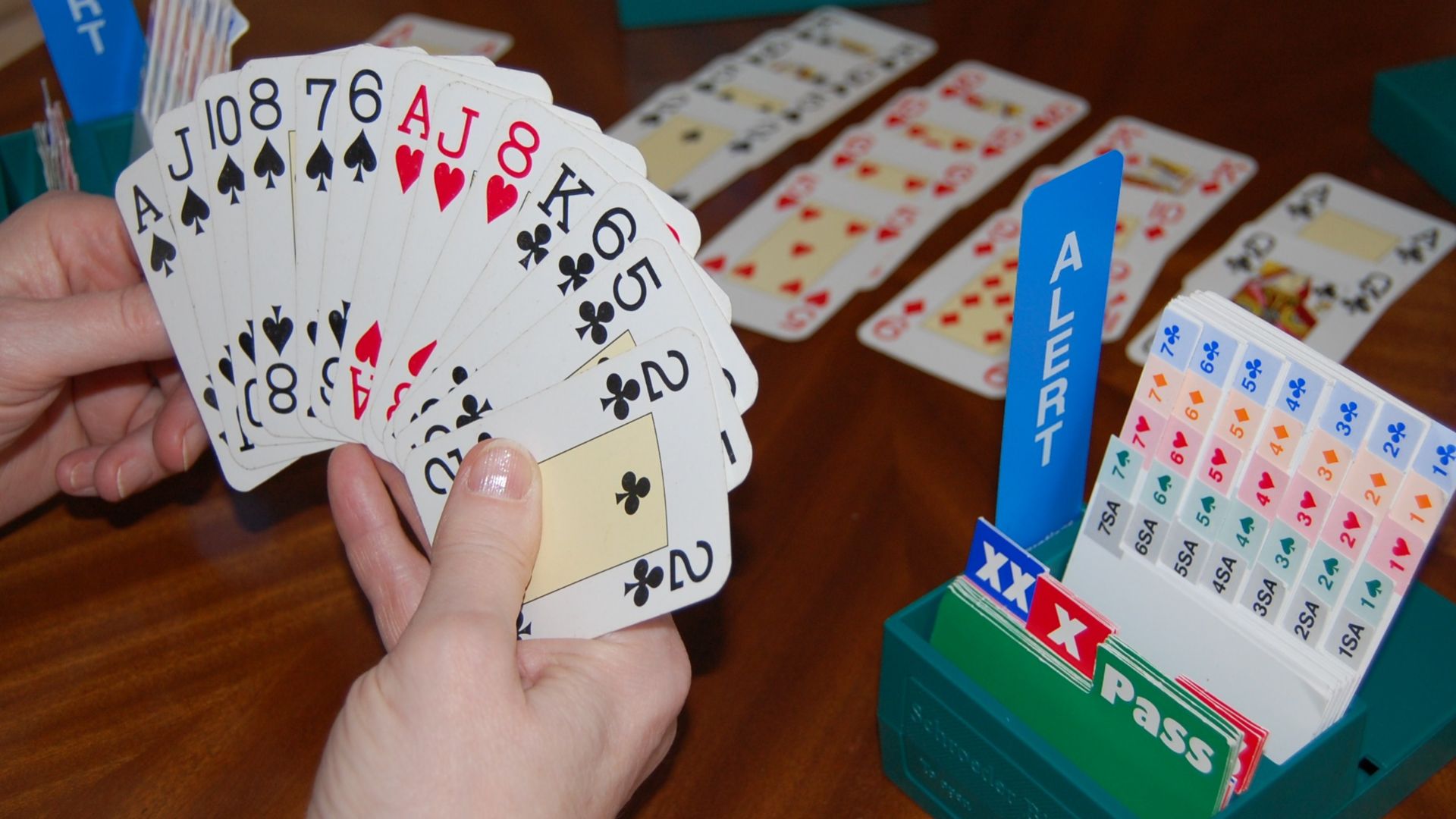 Sigismund von Dobschütz, Wikimedia Commons
Sigismund von Dobschütz, Wikimedia Commons
Genealogy Research
Tracing family lineages calls for detective-level skills to navigate historical records, decipher archaic handwriting, cross-reference multiple databases, and piece together fragmented evidence spanning centuries. These folks become experts in historical context, immigration patterns, naming conventions, and record-keeping systems while using DNA analysis to confirm relationships.
Analyzing Pop Culture
This is all about investigating how media tend to reflect, sustain, or challenge dominant social ideologies, including problems of race, class, gender, and sexuality. The activity draws on Antonio Gramsci’s concept of hegemony, which frames pop culture as a site of ideological struggle between dominant and subordinate groups.
 K-Pop Demon Hunters deserves all the flowers *REACTION* by Demon Trash
K-Pop Demon Hunters deserves all the flowers *REACTION* by Demon Trash
Typographic Design
Typographic design stands for the practice of selecting, arranging, and designing fonts and letterforms, It offers a mix of artistry, logic, and craftsmanship. For anyone intrigued by both visual design and language, it stands out as a deeply engaging and intellectually satisfying activity.
Quantum Physics Study
If you understand quantum mechanics, it means you possess the cognitive flexibility to accept counterintuitive concepts, such as wave-particle duality, quantum entanglement, and superposition, which contradict everyday experience and classical physics principles. It raises profound philosophical questions and uses mathematics like linear algebra and calculus.
Studying Esoteric Topics
Esotericism refers to traditions and disciplines that deal with knowledge believed to be accessible only to a select group, often involving spiritual, mystical, or philosophical concepts. Examining such texts involves skepticism, critical reasoning, and openness to multiple interpretations.
Book Club Participation
Joining a book club is an enriching experience, especially for those who thrive on intellectual stimulation and dialogue. Engaging with others exposes you to perspectives and interpretations you might never encounter on your own, sharpening your reasoning and ability to view issues from various angles.
People-Watching With Analysis
This is not a casual pastime because such people-watching goes beyond simple observation. It involves the careful study of body language, gestures, and facial expressions. Noticing motifs in social interactions, group behavior, and cultural signals, and making thoughtful hypotheses about motivations, emotions, and personality.
Debate And Argumentation
Competitive debaters master the art of constructing ironclad logical arguments while simultaneously identifying flaws in their opponents' reasoning under intense time pressure. The interest attracts sharp minds because it demands synthesizing vast amounts of research, anticipating counterarguments, and articulating tough positions with precision.







